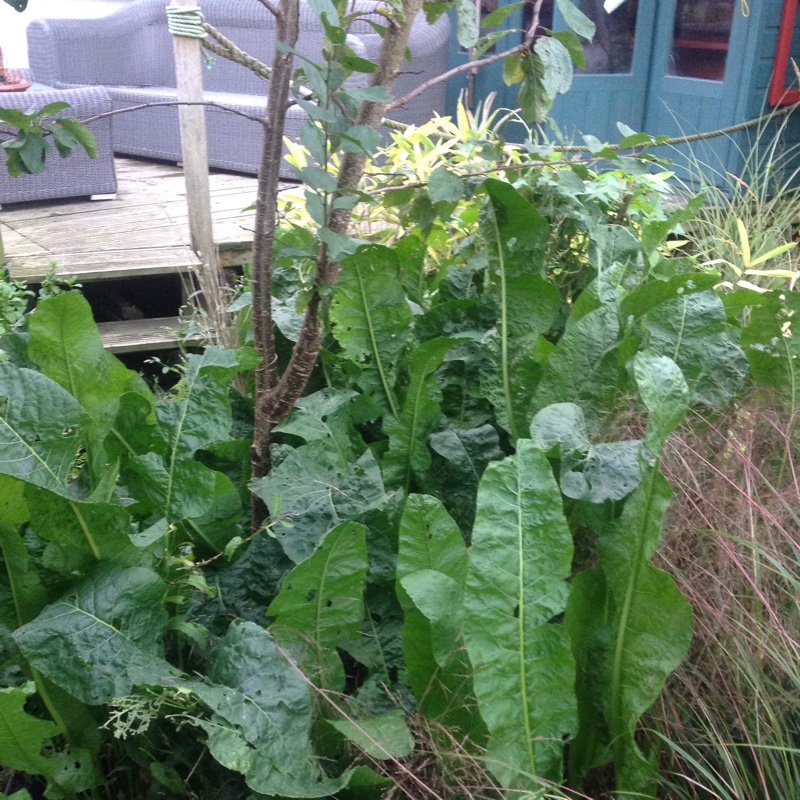
Armoracia rusticana syn. Cochlearia armoracia
Horseradish
Armoracia rusticana - horseradish - is a vigorous rhizomatous perennial with fleshy, pungently aromatic edible tap-roots, This plant is harder to get of, once established, than it is to grow! It also spreads readily.
Contributed by @armmolly
-
Full sun to partial shade
-
Occasional watering
-
Full Frost Hardy: 5F (-15°C)
-
Free draining
Common name
Horseradish
Latin name
Armoracia rusticana syn. Cochlearia armoracia
type
Perennial Vegetable
family
Brassicaceae
ph
5.5 - 8.0 Acid - Neutral
Plant & bloom calendar
-
Best time to plant
-
When the plant will bloom
-
When to harvest
full grown dimensions
 0.50 M
1.00 M
0.50 M
1.00 M
Armoracia rusticana syn. Cochlearia armoracia
Armoracia rusticana - horseradish - is a vigorous rhizomatous perennial with fleshy, pungently aromatic edible tap-roots, This plant is harder to get of, once established, than it is to grow! It also spreads readily.
Propagate by seed
From Late Winter TO Early Spring
Sow seed in late Winter or early Spring in good seed compost. Plant out, after hardening off, into well-draining soil
Propagating by division
From Mid Autumn TO Late Autumn
Established plants can be divided, and divisions replanted. A piece the size of a carrot will take root.
Flowering
From Late Summer TO Late Summer
White flowers that are attractive to bees appear in late Summer
Planting
From Late Spring TO Early Summer
Plant out seedlings when they are big enough to handle, and after hardening them off. Choose your growing site carefully, as you are likely to have horseradish for many years - they are a lot harder to get rid of, than to grow! They also spread. Choose a site that is free-draining and reasonably fertile, in full sun or partial shade..



























